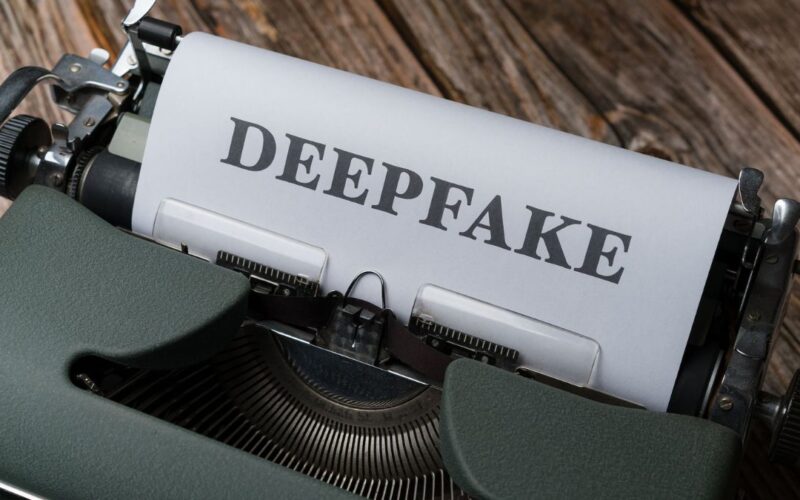In an era dominated by rapid technological advancements, the advent of deepfakes has emerged as a double-edged sword, wielding both the allure of creative innovation and the potential for profound ethical quandaries. This exploration dives into the intricate ethical dimensions surrounding the creation and dissemination of AI-generated content, urging a collective introspection on the moral fabric that underpins our digital realities.
Demystifying Deepfakes
Deepfakes represent a convergence of artificial intelligence and media manipulation, giving birth to synthetic content that can seamlessly integrate fabricated elements into authentic-looking videos. At its core, this technology challenges our perceptions of reality, ushering in an age where distinguishing between genuine and manufactured content becomes an intricate puzzle.
The Ethical Landscape of AI-Crafted Content
Crafting Deception
Deepfakes have the potential to craft convincing narratives that traverse the fine line between fact and fiction. The ethical dilemma lies in the deliberate creation of content designed to deceive, raising concerns about the manipulation of public discourse, political narratives, and the potential erosion of democratic processes.
Privacy’s Unraveling Threads
The intricate ethical tapestry of deepfakes extends into the realm of personal privacy. Utilizing individuals’ likenesses without their explicit consent blurs the boundaries of ethical content creation. The potential misuse of personal information for nefarious purposes raises significant concerns about the unauthorized invasion of privacy.
Erosion of Trust
The proliferation of deepfakes poses a substantial threat to the foundational trust in our media landscape. As AI continues to advance, creating increasingly convincing content, the ethical quandary centers around the erosion of trust in traditional information sources. This has far-reaching implications for societal dialogues, public opinion, and the overall credibility of information.
Balancing Act: Navigating the Ethical Tightrope
As we navigate the ethical tightrope of AI-crafted content, a pressing need arises for a thoughtful and comprehensive approach. Striking a balance between technological innovation and ethical considerations becomes imperative to ensure that the power of deepfakes is wielded responsibly.
Technological Literacy
Fostering technological literacy among the public is vital. Education on how to discern between authentic and manipulated content empowers individuals to navigate the digital landscape with a discerning eye.
Regulatory Frameworks
The development and implementation of robust regulatory frameworks are crucial. Governments and international bodies must work collaboratively to establish guidelines and legislation that govern the ethical use of AI-generated content.
Industry Responsibility
Tech companies and AI developers bear a significant responsibility in shaping the ethical landscape of deepfakes. Upholding industry standards, investing in research for detection methods, and incorporating ethical considerations into the development process are paramount.
In the intricate dance between technological advancement and ethical considerations, the emergence of deepfakes demands our attention and collective action. As society grapples with the potential ramifications of this technology, an ongoing dialogue surrounding the responsible use of AI-generated content is essential. By weaving an ethical fabric that prioritizes authenticity, respects privacy, and upholds the integrity of information, we can navigate the complex ethical labyrinth of deepfakes in the digital age.









